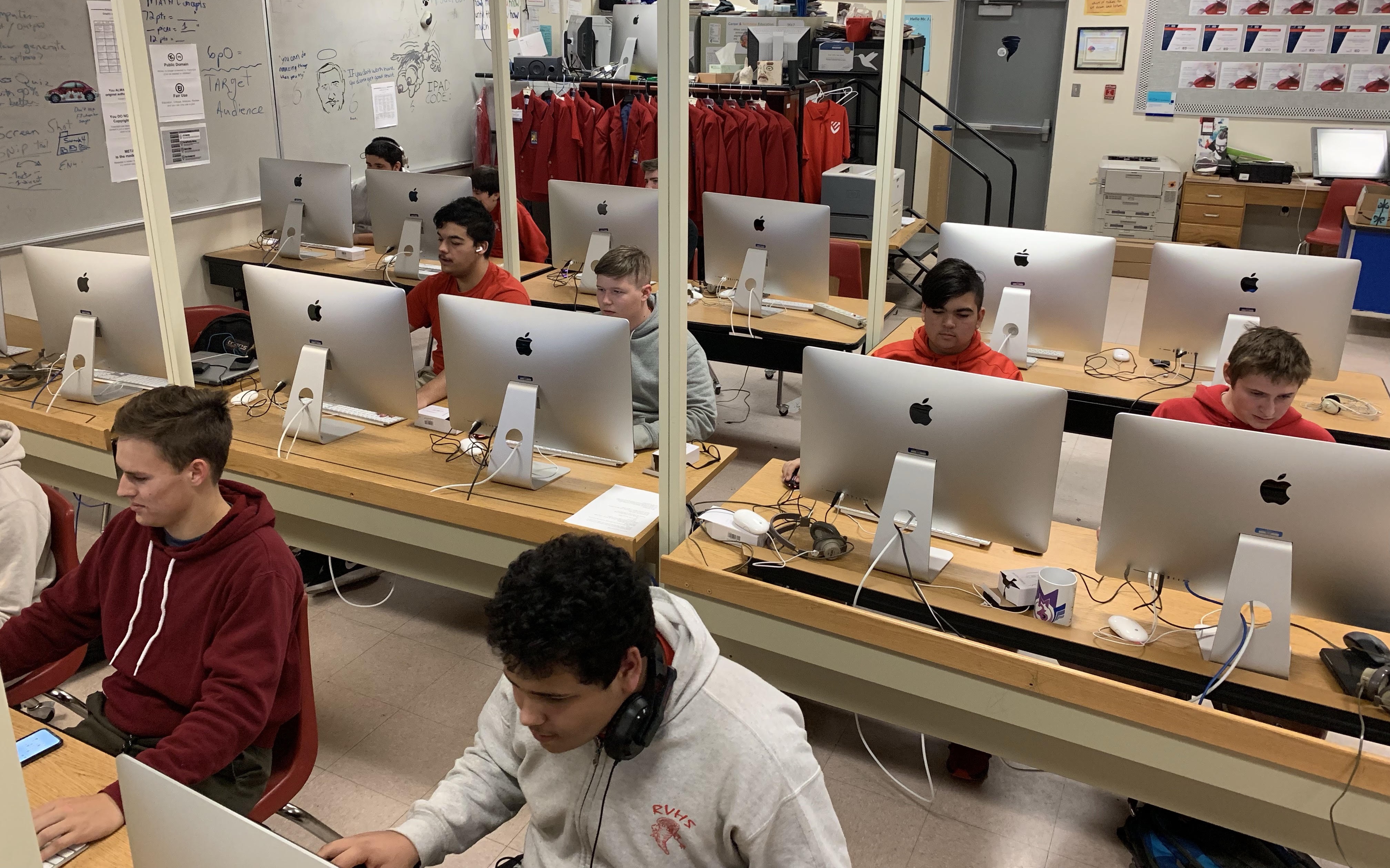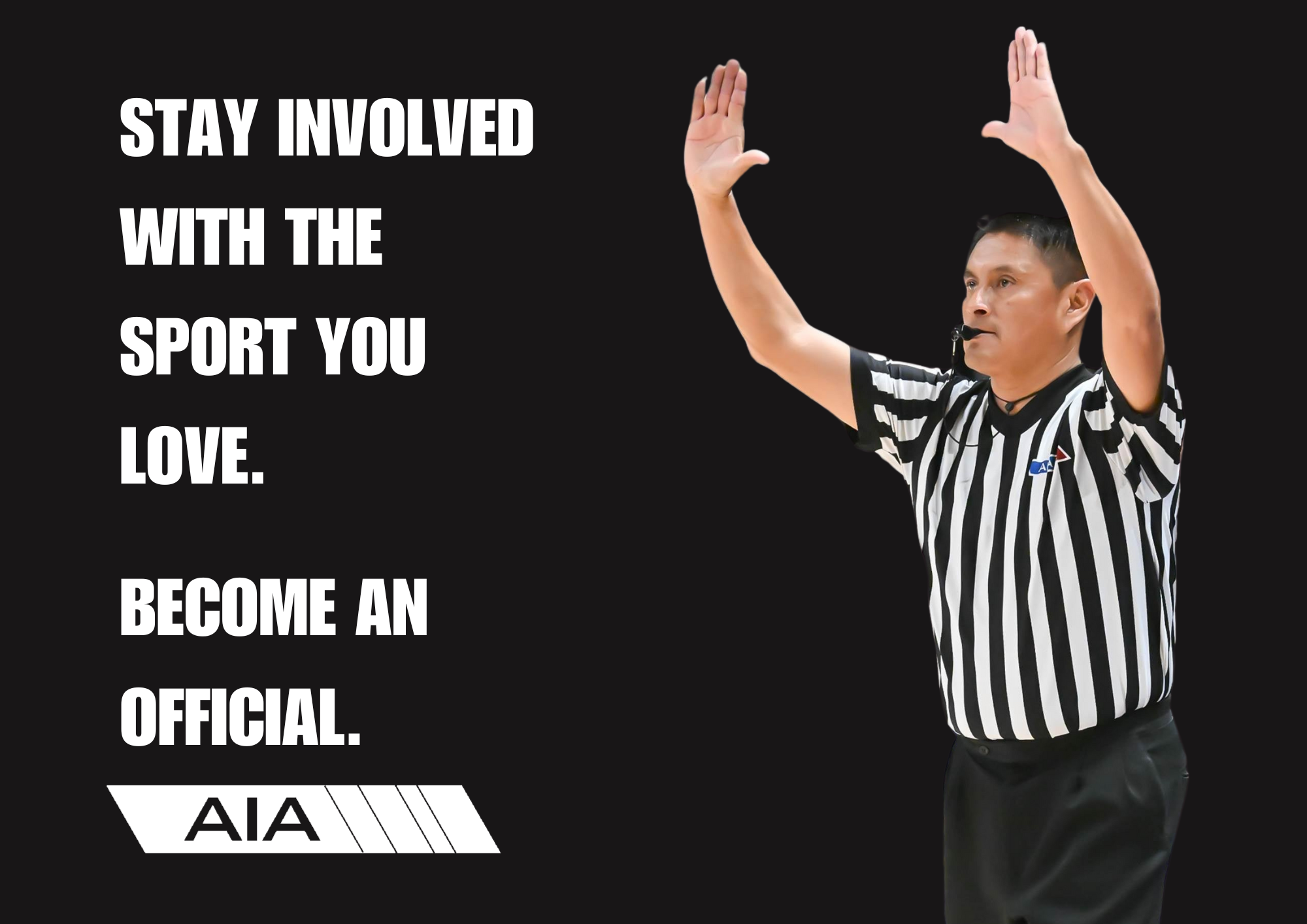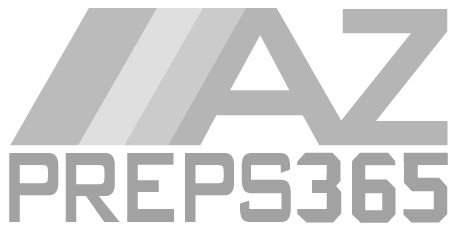Enthusiasts explore new territory while establishing Arizona's first high school esports program
February 4, 2019 by Jason Krell, Arizona State University

As soon as the Arizona Interscholastic Association announced that sanctioned high school esports would start this spring, staff at Xavier College Preparatory were committed to participating. But while the school has many successful athletic programs, esports were unexplored territory.
That’s when Athletic Director Sister Lynn Winsor turned to Eric Lambert and Erika Peinado, Xavier’s directors of sound and information technology, respectively. As lifelong gamers, they recognized the opportunities an esports program offered to students — opportunities they never had.
“If this existed when I was in high school, I would have jumped in immediately. One hundred percent,” Lambert said.
Peinado added that esports will let a different group of students learn the value of teamwork and hone their critical-thinking skills in ways similar to their peers who play traditional sports.
Despite the potential benefit for students, Peinado and Lambert acknowledged that their program would need a strong foundation. At the same time, they said laying the foundation would come with some challenges.
“I think since this is so new and there’s not a lot of structure yet, we’re just doing the best we can,” Peinado said.
So far, their best has been fairly successful. Peinado leveraged the school’s partnership with Dell to purchase high-end, gaming computers for a new lab and has worked with the rest of Xavier’s technology team to make sure everything is set up properly for online competition. Meanwhile, Lambert said he plans to create video guides for potential players so they can pick up new games and start improving more quickly than if they jumped in with no experience.
The duo has also started spreading the word around campus, and 40 students already signaled their interest by attending an informational meeting earlier this school year.
“The room was completely filled up, and we were kind of blown away,” Lambert said. “We got everyone’s information, and everyone is pretty hyped to start playing.”
While Xavier’s program cleared its first hurdles, different schools face different challenges. Prescott High School esports head coach Marco DiMaria said funding has been their team’s biggest problem. Until recently, his students had to borrow laptops from the local Boys and Girls Club of America. He said he’s looking into fundraising opportunities to pay for future expenses, but that his school has been very helpful by providing new computers that arrived two weeks ago.
Prescott’s advantage, however, is that their team has been together since February 2018, when DiMaria started an esports club. He said he had plans to compete with his students well before the AIA sanctioned high school esports, but that their announcement of sanctioned competition made his plans easier.
Now Prescott’s main obstacle is finding other teams to scrimmage against. DiMaria said he has yet to learn which schools are fielding teams this season, so he can’t ask other coaches. Instead, he’s found success looking for games on Reddit, a massive collection of online forums with many pages dedicated to esports.
Kurtis Nielsen, head esports coach at River Valley High School, said his biggest concern is winning over parents. While he hasn’t had the chance to speak with them yet, he’s heard of some concerns.
“They're sort of skeptical about paying money just to have their kids come to school and play video games, and I think that’s a very natural reaction,” Nielsen said. “As parents, they probably see their kids just come home and play video games.”
To combat that stigma, Nielsen said he plans to sit down with parents and explain the upsides of esports. For him, one of the most exciting opportunities is the increasing number of college scholarships students can earn by playing esports.
Schools aren’t the only entities navigating the unique complications of high school esports. According to Legacy Esports CEO Andrew Barnett, their company has learned how political esports can be while helping the AIA set up the new leagues.
“If someone wants to come in and say, ‘hey, we’re running a football league,’ you can just do that because nobody owns football,” Barnett said. “But in this market, there’s this third party who are these publishers who have their own strategic vision and goals they want to accomplish.”
With that being the case, Barnett said the AIA and Legacy Esports are still in the process of finalizing licensing rights with certain games like League of Legends and Rocket League, but that their goal is acquire them in time for a fall season. In the meantime, he said they’re close to announcing what games students will play this spring.
Ultimately, Barnett compared this year of high school esports to a video game’s alpha release, an early development build that demonstrates the core features. He said after this year’s simple season runs smoothly, Arizona esports will be ready to expand further in the future.


